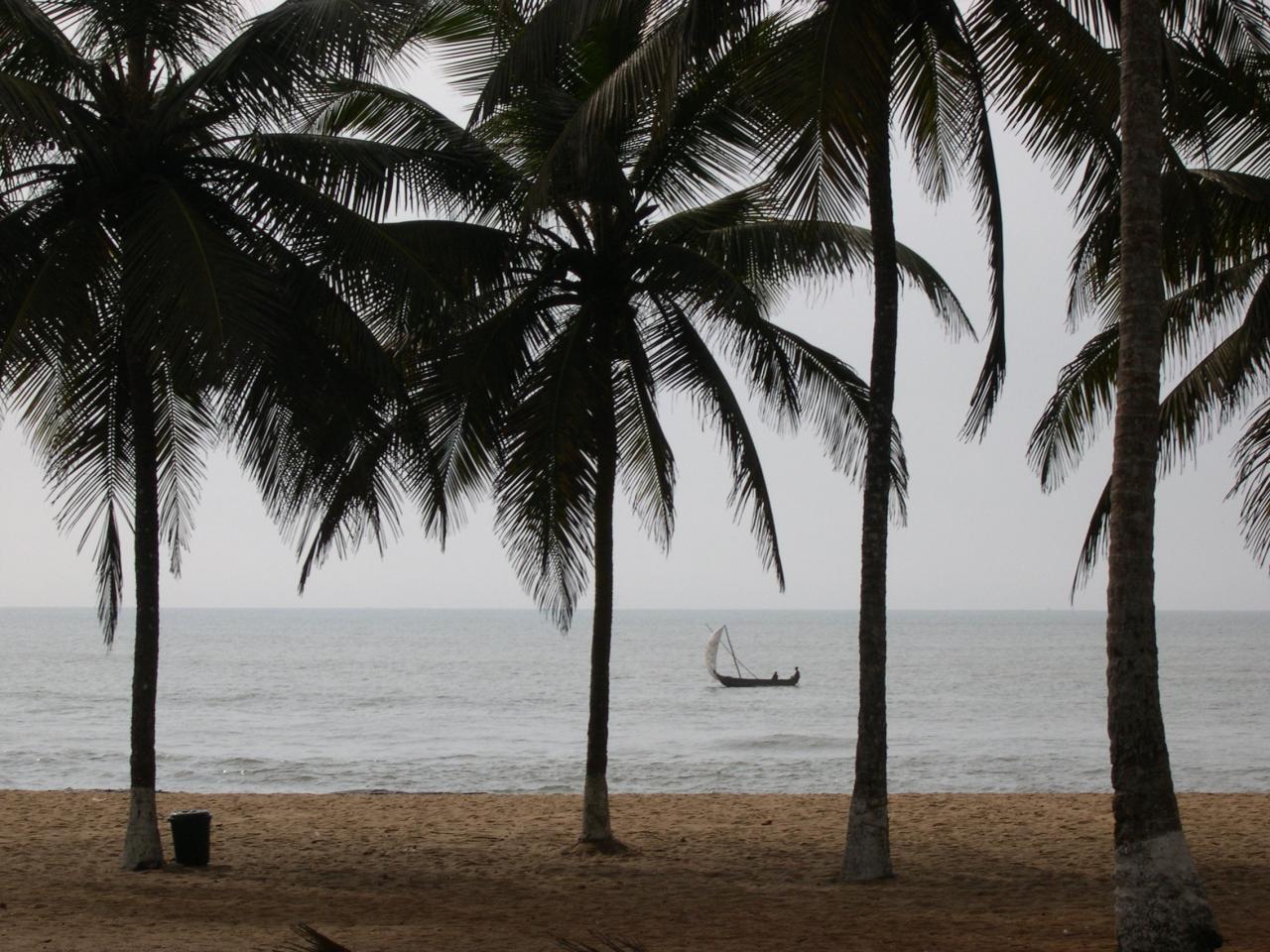Student Teaching in Ghana
In Fall 2008 the School of Education at SUNY Geneseo sent its first group of teacher candidates to Ghana. Today the program has evolved into a 7-week student teaching placement under the direction of a professor from the SUNY Geneseo School of Education. Teacher candidates complete their first student teaching placement in New York State and then complete their second placement in Ghana.
Fast Facts
Program Type: Faculty-led
Term/Duration: Fall/7-weeks
Fall Program Dates: second quarter
Credits: Full-time
Application Fee: $20
Application Deadline: Contact School of Education

Program Details
Beginning in the Fall of 2008, the School of Education at SUNY Geneseo sent its first group of teacher candidates to Ghana for a student teaching experience at the Village of Hope, an orphanage and school for children (mostly orphan) in Fetteh, a rural community in West Africa. The program has evolved over the past few years and includes a 7-week student teaching placement in Kumasi, the largest city in Ashanti, Ghana. Candidates stay at Kwame Nkrumah University of Science and Technology (KNUST), the alma mater of the 7th Secretary-General of the United Nations, Kofi Anan.
The program includes a focused student teaching placement with scheduled seminars along with cultural visits and excursions in Ghana to bring meaning to this international student teaching experience. The program is SUNY Geneseo faculty led and runs during the second quarter with student teaching placements in KNUST Basic School as well as other local schools. Evening seminars will address a variety of topics drawing on candidates' daily work in their classrooms and providing time to reflect on the similarities and differences between education in Ghana and the U.S. Upon arrival in Accra, Ghana's capital city, the group will head to Kumasi for orientation, a campus tour, and a welcoming event. Excursions and cultural events planned during their stay in Ghana include visits to Kumasi's craft villages, cultural evenings, drumming lessons, a visit to the King's Palace and Cultural Centre, Boabeng Fiema Monkey Sanctuary, local fish markets, Lake Bosuntwe, Ghana's Parliament, Busia Museum, the School of Education at University of Cape Coast, Cape Coast Castle, the beach, Kintampo Waterfalls, and visits to urban education centers in Accra.
The Country
Ghana is located in West Africa on the Gulf of Guinea on the Atlantic Ocean. It is roughly the size of Oregon, with a population of 23 million people. A former British colony, Ghana was the first African nation to achieve independence from a colonial power, and it has had a stable democratically elected system of government since 1992. Many African languages are spoken in Ghana, but English is the official language of business and government. Though endowed with a wealth of natural resources, Ghana remains a low-income country. The current government is committed to achieving middle-income status by 2020.
Program Cost Information
Fall 2019 Program Costs: For complete cost details, download and read the Student Teaching in Ghana Program Cost Sheet.
Estimated Total Due to Geneseo and/or home SUNY Campus: $9,576.50 (undergraduate students)
Includes:
- International airfare from major east coast metro area airport
- Accommodations
- Some group meals
- Teaching facilities
- Field trips, scheduled museum and entrance fees, guided tours, guest lectures, cultural excursions, etc
- In-country travel
Does Not Include:
- Passport
- Visa
- Travel from your home to major east coast metro area airport
- Pre-departure health expenses and travel preparation expenses
- Personal spending money
Faculty
The Fall 2023 program is under the direction of Dr. Cheryl Kreutter.
Application Information
Students need to apply through the School of Education by completing an Out-of-Area application the year prior the student teaching semester. Please contact Jennifer Haines, Director of Field Experiences, at haines@geneseo.edu for details.